
Some experts say “yes” and some experts say “no” to this question. I suggest checking out your RV’s capabilities, which you may find online or in your unit’s owner manual.
How Can You Power RV Heaters with No Electricity?
You can find different ways of running your RV heaters without plugging it into an electrical supply. However, you must keep your batteries charged.
RVing Al backs this up.
“As long as you have propane and good house batteries you can operate your furnace,” says RVing Al. Al also goes on to say that you can do this if your blowers operate with 12-Volt DC batteries.
Another RV expert has a different opinion, however.
“Simply put, without electricity, you won’t be running any kind of RV furnace,” says someone who goes by the name of “Paul,” author of the Bus Conversation 101 blog. However, he does offer alternative ways to provide heat when in your RV, such as adding a space heater or using portable power to run it.
How do I Charge my RV Battery?
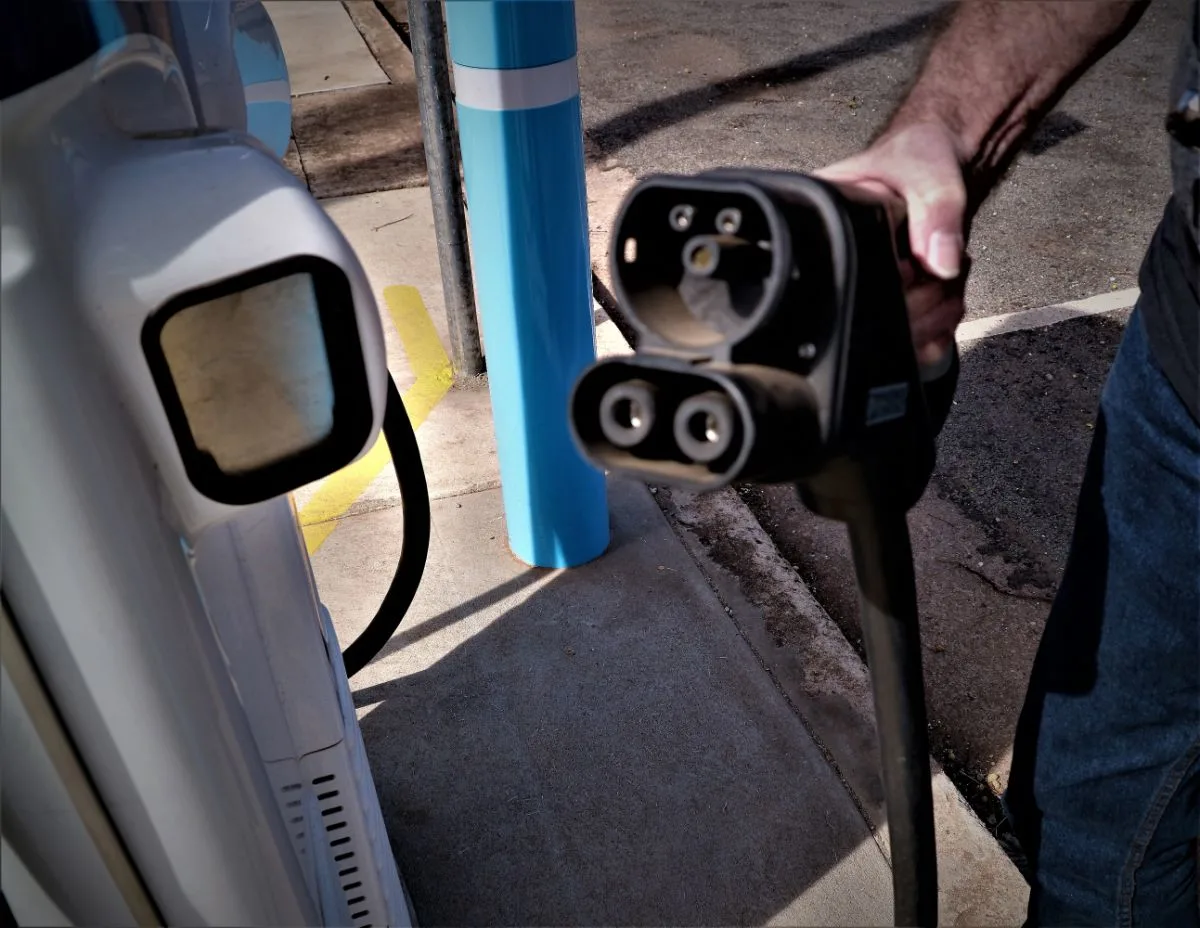
To charge it, plug it into your generator if you have one. Otherwise, you’re going to need to plug it into an RV charging station. You’ll find them at campgrounds, resorts, service centers or truck stops.
Where do I Find RV Battery Chargers?
If you don’t have a portable generator, campgrounds that accommodate for RV users have charging stations. Make sure you don’t lose your RV plug, however. On the other hand, you may find an RV to AC converting plug you can use, or you can get a replacement one.
Do All Campers have a Heater?
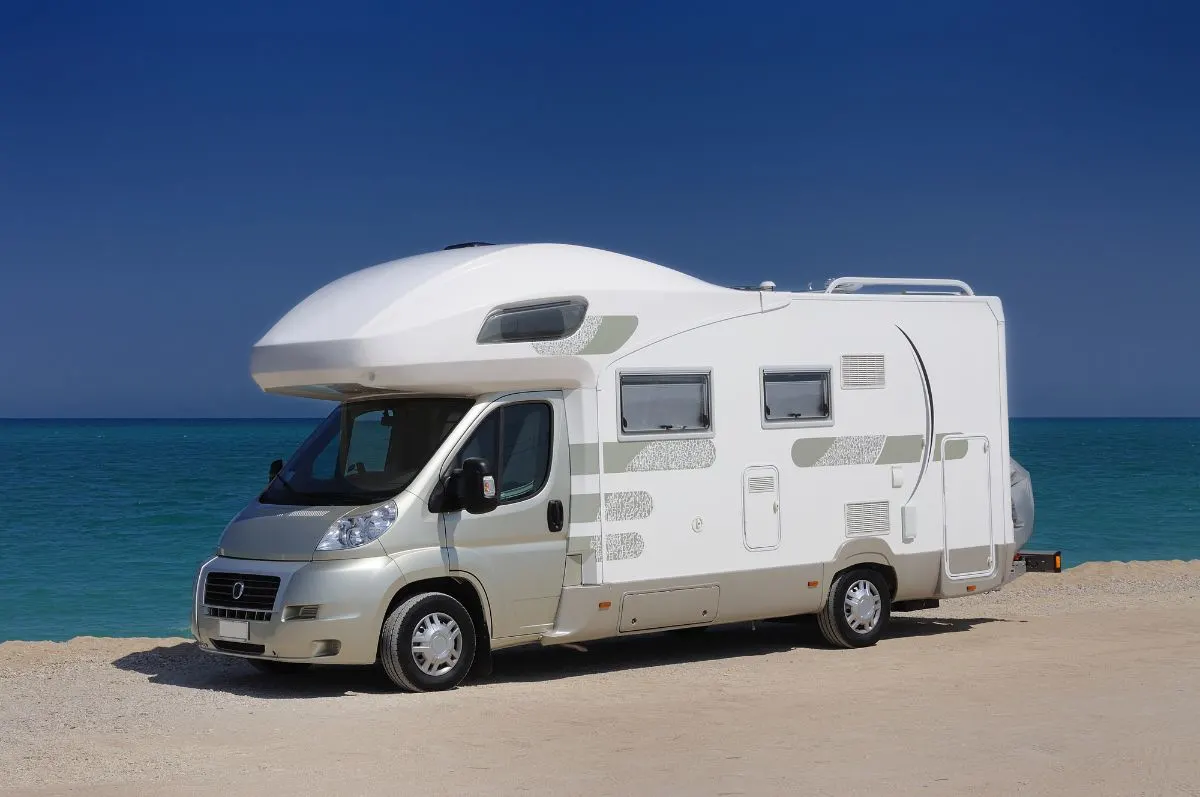
Most RVs, 5th wheels and other units that have an engine do have a heater. A furnace can keep the temperature in your RV at a comfortable temperature. Some of them even have programming capabilities, just like a traditional house heater.
Not all pop-up campers or recreational trailers have heaters, so you’ll need to bring a portable one. Be careful when using portable heat sources because they’re not always safe. You can’t run them continuously like a built-in heating system meant to run even when you’re not present.
Does an RV Furnace Run from a Battery?
RV furnaces can run from a battery, whether you have it hooked up to an external, lithium-ion type or the RVs own 12-volt power source. However, you must make sure you keep enough of them on you.
External batteries do often drain quickly, with some of them only having a continuous runtime of a few hours. This situation exemplifies why truckers sleep with their vehicles running all night, and that’s because a battery built-in into a vehicle may give you the only continuous charge if you have enough gas.
How much Propane would I Need for an RV Heater?
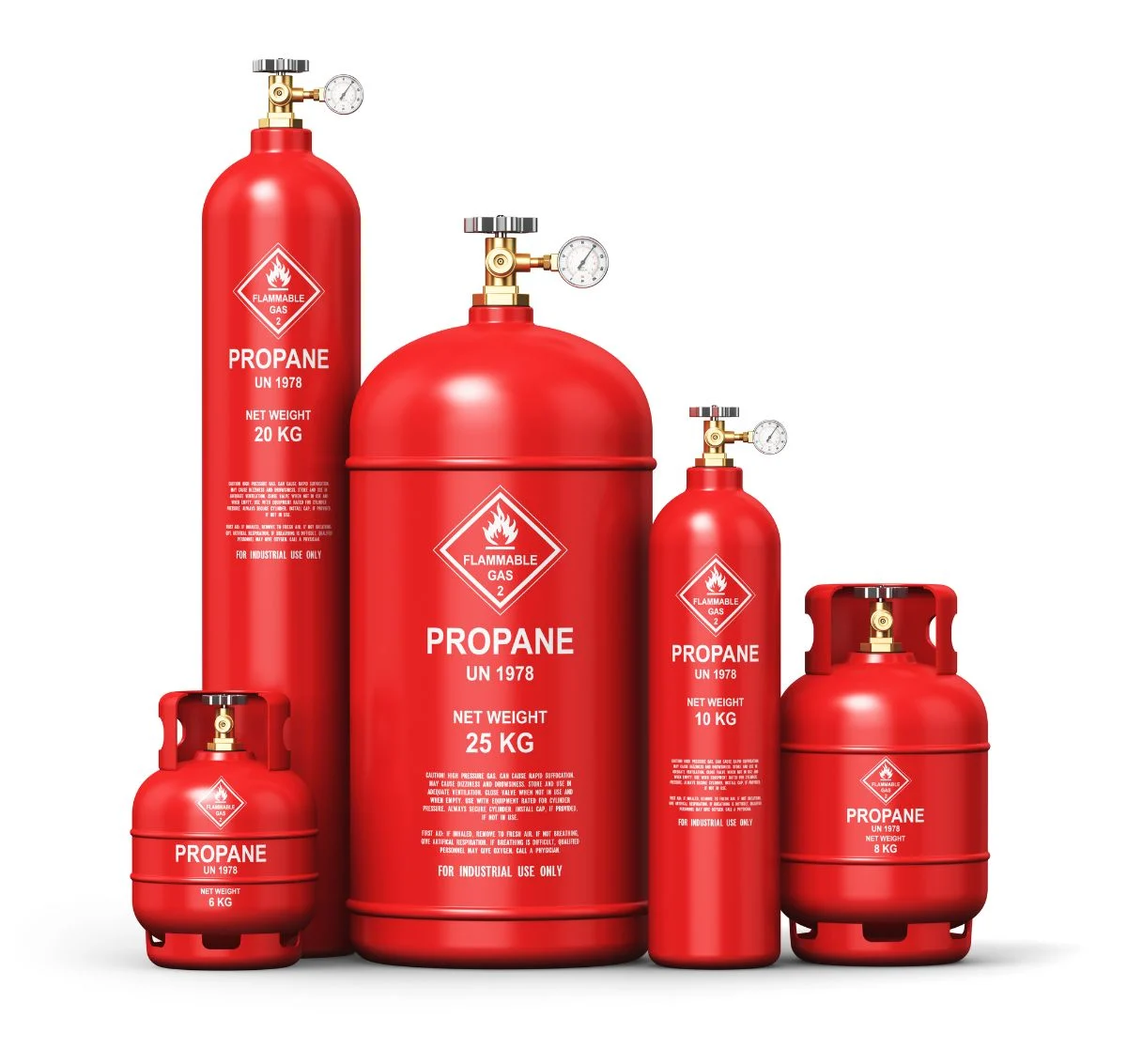
If you run your heater continuously, you may need one gallon for every three hours of operation. You don’t necessarily need to run the heating unit for that long. Besides, you shouldn’t leave it unattended if it’s not a heater built-in for RV use.
I would suggest heating up your camper before you fall asleep and crawl under some thick blankets. Some people insulate their units for winter use.
What Campers Don’t have Heaters?
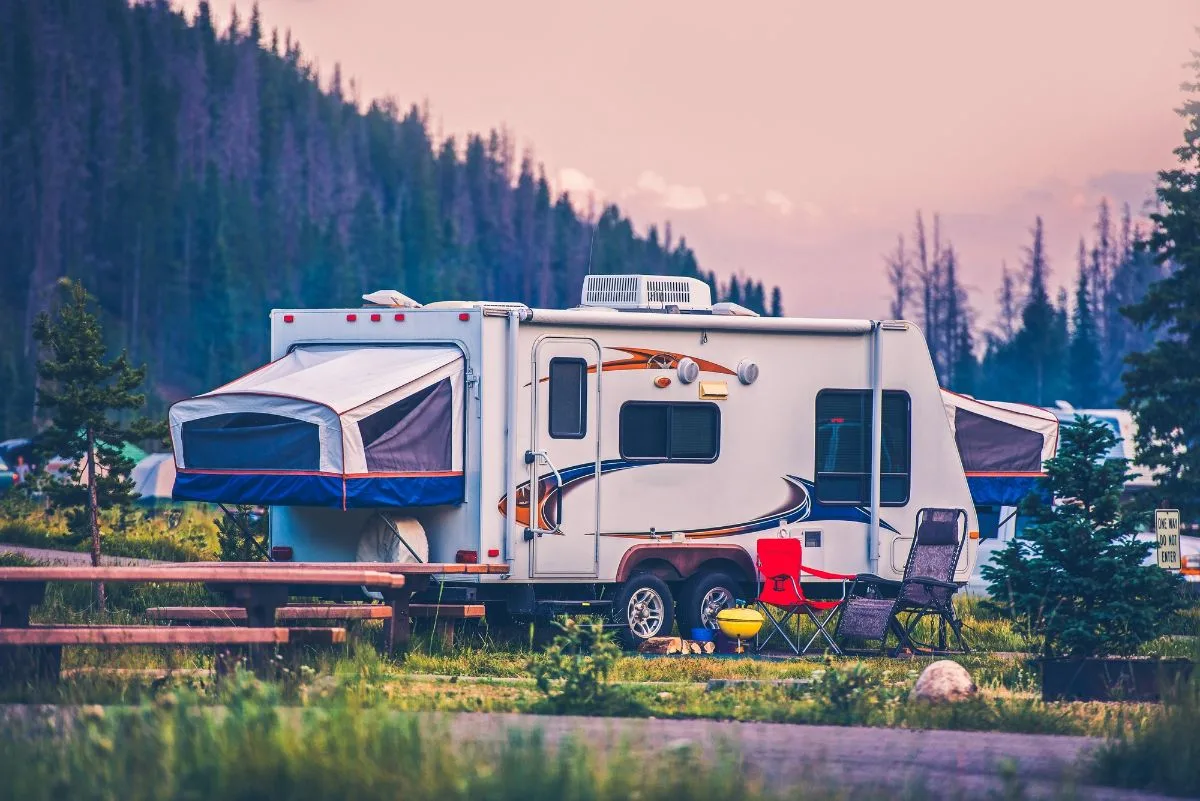
Some trailers and pop-ups might not have them. In this case, you’re going to need a way to harness electrical power, such as using solar power stored on batteries, to provide heat.
Some generators also run on stored electric power that comes from either the sun or from charging it using a wall outlet. You also can keep a supply of propane or standard vehicle gasoline on you to stay warm in your unit.
How Does a Heater Work in a Camper?
Most RVs have a forced air heating system. It detects when the RV falls inside temperature on the thermostat falls below your desired reading. After that, it forces air into your living space, much like what would happen in a traditional home.
The primary difference is, you’re usually going to use propane for this and not the gas used to heat most stationery residences. However, some camper heaters may only run on electric or battery power.
How Cold is Too Cold for an RV?
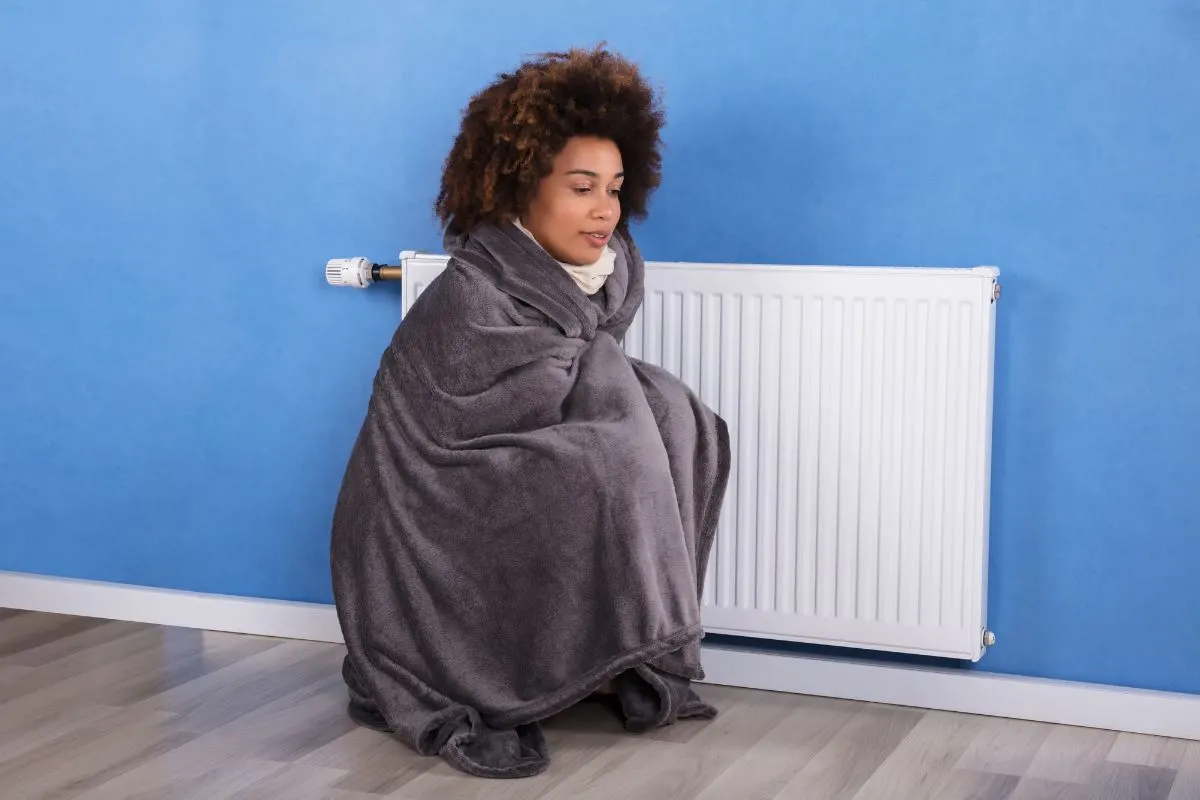
Unless you’ve insulated your RV to accommodate for winter, you probably shouldn’t be out there in below-zero temperatures. The National Weather Service indicated you shouldn’t stay out there for too long if the temperature drops much below 25 degrees because you can frostbite within minutes.
On the other hand, many people have successfully camped during the winter in Alaska, Canada and other northern locations. However, they didn’t take their trips unprepared.
Can you Use a Space Heater in a Camper?
If you do, make sure you watch it closely. You don’t want to start the walls, floor or furniture on fire. I suggest making sure you follow the instructions for how much space to have around it when using it. Don’t ever use a space heater when sleeping, or you could burn yourself and your RV to the ground.
How do you Keep your RV Warm in the Winter?

You will need more than just a heat supply. For instance, you might have to insulate your pipes with heat tape. Adding insulation to the walls would help and adding an RV skirt would help.
Make sure you have plenty of blankets on hand too. In addition, you can place heavy curtains over your windows and find ways to fill in caps and cracks to block the wind. This, along with its internal heating system or a space heat supply, should keep you warm in the winter.
Types of Heat
In addition to electric or propane heater, you can try out some other heating options. One common one is the dual-fuel heating system, that uses both gas and diesel.
How do you Heat an RV at Night?
Whatever you do, don’t leave on any heater not meant for continuous operation while you’re sleeping. For instance, you can run a ceramic space heater, which typically takes up to half of the wattage that a traditional space heater would. However, don’t keep it running.
If your RV’s built-in heater has safety features that allow it for running all night long, set your thermostat at a reasonable temperature. It will turn on and off when the air drops below the temperature you set it for.
What about Heating with Cooking Stoves?
Many RVs do have cooking stoves built into them. You can perhaps open your oven door and use that to make your place warm. Otherwise, you can use a portable cooking stove to provide heat. This works for some people because they can use the fuel to cook while they’re heating up their living areas.
Heating Precautions to Take
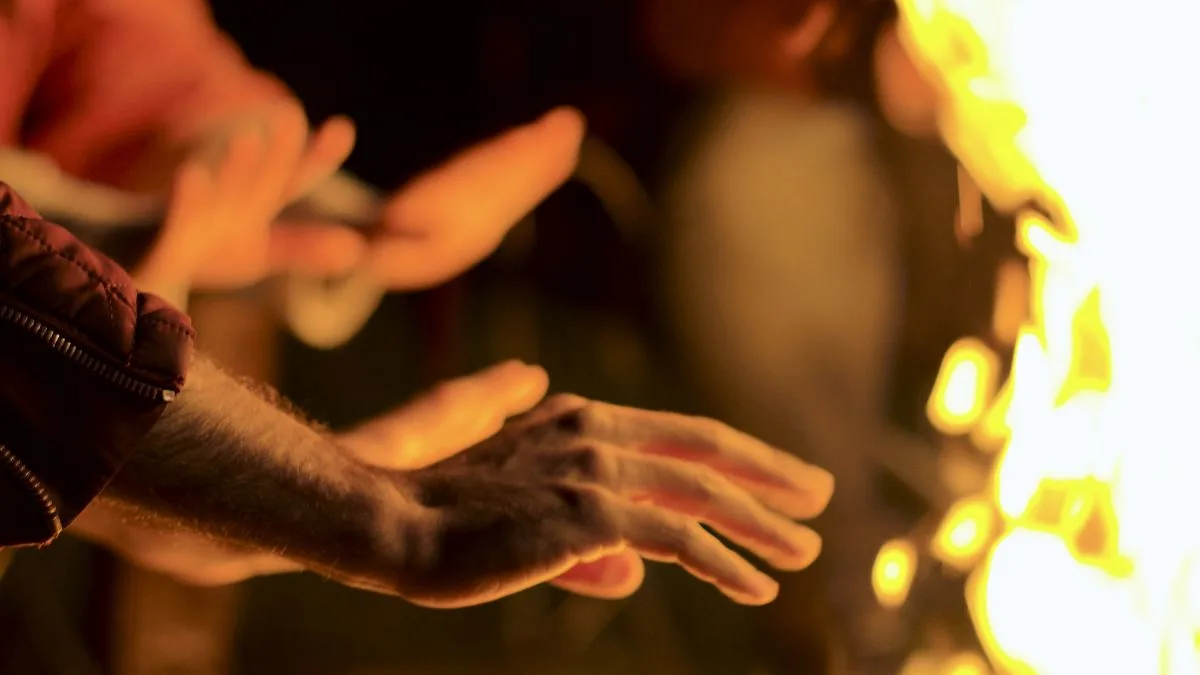
Just like you wouldn’t leave most portable propane, battery-powered or gas heating sources on all night, don’t do that with a stove either. What’s more, don’t ever try to start a fire inside your camper.
Don’t ever try to heat the inside with any equipment not meant for indoor use either. Otherwise, you could suffocate. Even if the heating system is meant for indoor use, keep your vents open. This especially applies to using propane, diesel or other types of gasoline heaters.

